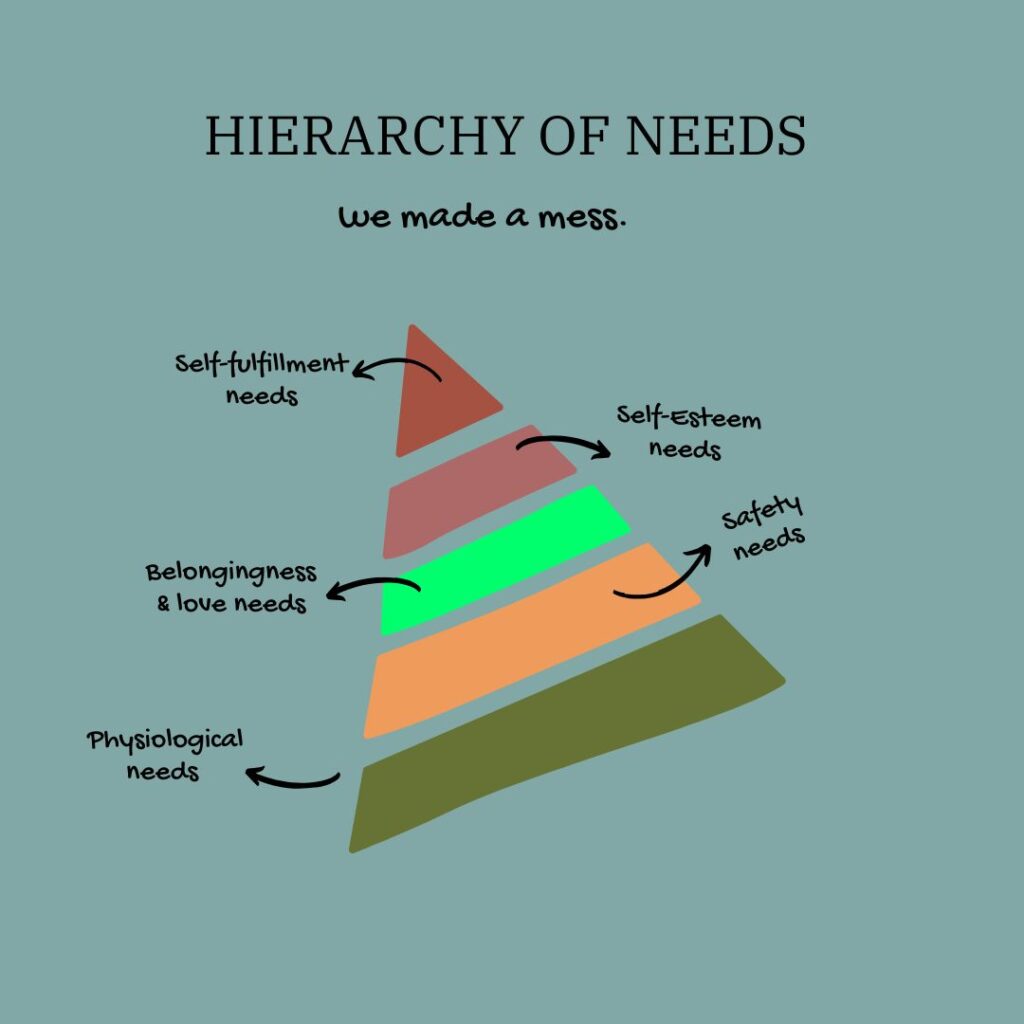
This article is also just another failed attempt at recognition.
Yes, we all want to be famous—maybe too famous. But what we don’t realize is that being famous and broke is probably the worst curse.
It’s far better to be rich and unknown, living peacefully, than to be stuck chasing fame. But how do I even explain that, when I myself created this blog in the hope of being noticed? The truth is—I am neither famous nor rich.
The Endless Race for Recognition
Still, my mind refuses to join this endless race. Most of the time, the thoughts that come to me, I don’t even write them down. And even if I do, I never finish them.
It’s not like I didn’t know all this before—I always did. But turning that knowledge into articles feels harder than it should. And even when I write, I imagine people will probably stop reading halfway.
So today, let’s talk about a disease—a very old one—the disease of recognition.
The need for people to know us, to talk about us, to remember our name.
And no, this problem didn’t start with our generation. Back then, people became famous for:
Discovering new lands
Pushing science forward
Creating art
Today, it’s for becoming an Instagram influencer.
Maslow’s Hierarchy of Needs (and How We Mess It Up)
And that brings me to Maslow’s Hierarchy of Needs—a pyramid none of us are really following anymore.
Physiological Needs – Without food, water, and rest, nothing else really matters.
Safety Needs – Once the stomach is full, the heart looks for stability and protection.
Love & Belonging – After feeling safe, we crave connection—family, friends, or even just one person who truly gets us.
Esteem Needs – When we are loved, we start seeking respect, recognition, and a sense of worth.
Self-Actualization – Beyond all layers, the real hunger is to become who we are truly meant to be.
Recognition Before Love: The Modern Shuffle
Most of us never really reach the last level of Maslow’s hierarchy. In fact, today’s world doesn’t even follow it in order.
We want recognition (Esteem Needs) even before we truly experience love and belonging. That’s why social media is so addictive—we love being noticed. Honestly, even writing this blog is a small attempt to build an identity of my own.
Rich people are the best example of this shuffle. They already have money, safety, and comfort. But then they chase fame, and when that doesn’t satisfy them, they start looking for love. Still unsatisfied, they eventually move towards self-actualization.
It feels like a never-ending chase, and finally at the last stage we realize—it was all an illusion, a trap we kept running inside.
Skipping Levels Doesn’t Work
Some people even jump straight to Self-Actualization without sorting out the basics. There’s a saying:
“First become rich, then become a philosopher.”
It fits perfectly here. Without food and shelter, philosophy doesn’t last very long—you’ll always be pulled back into survival mode.
At the same time, there are people who truly seek self-actualization after fulfilling only the first two levels (basic needs and safety). For them, esteem doesn’t matter much, because they understand something deeper:
We are both worthy and worthless at the same time.
What the Journey Should Look Like
Here’s what makes sense for most of us:
Physiological Needs – Make sure you have food on your plate.
Safety Needs – Find a safe space, a shelter.
Love & Belonging – Make connections with people, family, friends—fall in love, even break your heart, because feelings are human.
Esteem Needs – Work on your esteem but don’t go crazy about it. Do good work, help society, and be proud of yourself. Don’t waste life proving your worth in other people’s eyes.
Self-Actualization – It will come on its own. Even Gautam Buddha was a prince before he renounced everything and found truth.
The Point Is Simple
Don’t get obsessed with recognition.
Because if you chase blindly, you might reach a point where there is no return. Growth should be natural, not forced.
Self-actualization is not something you chase—it is something that arrives when you are ready.